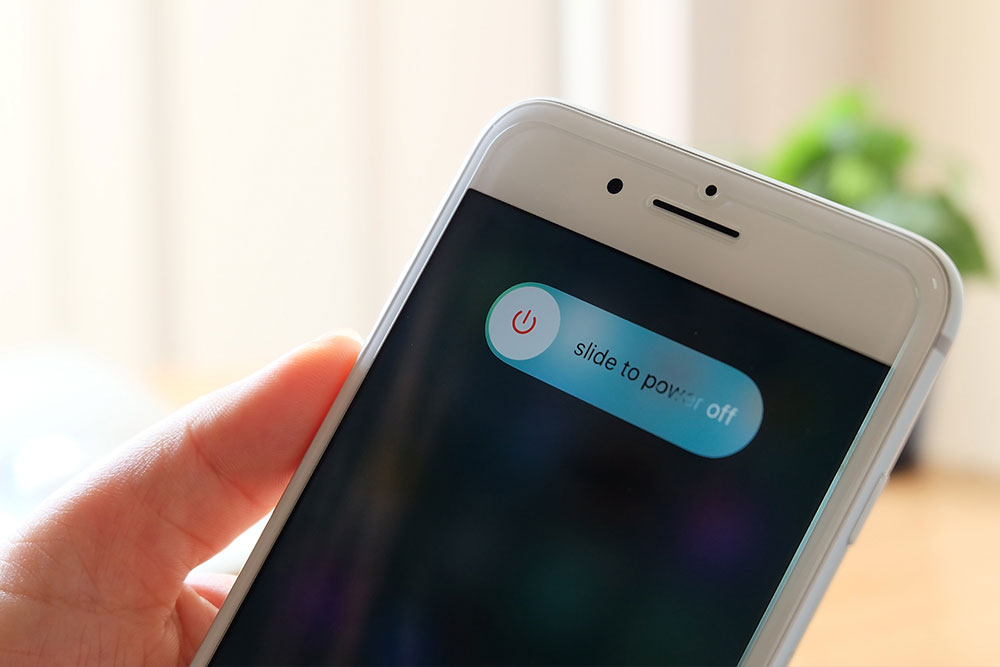When we talk about mental well-being, there are different components involved. Emotional, psychological, and social well-being are all aspects of mental health. It has an impact on how we think, feel, act, make decisions, and interact with others. Mental health is more than just the absence of mental disease; it is crucial to your entire health and quality of life. If you have a mental illness, self-care can help you maintain your mental health and assist your treatment and recovery. So, what exactly does self-care entail?
Self-care involves taking the time to do activities that will help you live a happy and healthy life, both physically and mentally. Self-care can help you manage stress, reduce your risk of illness, and boost your energy levels when it comes to your mental health. Even little actions of self-care performed on a daily basis can have a significant impact.
If you’re wondering how to go about it, here are some self-care ideas that you can try out. One of the biggest perks here is the fact that these take no more than 15 minutes (and if you really enjoy it, you can take your own sweet time!):

1. Step Outside
When you feel overwhelmed with emotions, experts suggest a change of your environment may be helpful. So if you’re at home, or work, it would be beneficial to take a break and step outside. You can stroll around, or go for a walk to get some fresh air. This change in scenery regulates your nervous system and calms you down. Depending on how you’re feeling, you can adjust the time you spend outside.

2. Breath Work
The first thing that often goes out of control, when we are under any kind of duress, is our breathing. To bring your breath back to normal, try out breathing exercises, like the four-square breathing (where you breathe in and out along the four corners of a square – you can even use your laptop for the same), or try to meditate. You can do it all by yourself or with the help of apps that facilitate guided meditation. Once you’ve got your breathing in control, you’ll be in a better position to deal with the situation causing you stress.

3. Switch Off
It is tempting to mindlessly scroll through various social media apps on your phone just to divert your mind. However, it seldom helps. In fact, it causes more stress due to information overload, which you may or may not consume intentionally. Therefore, it is essential to tune out from the digital world for a bit. Switch off your phone and focus on other activities, like reading that can help you calm your mind. Or just laze around for a bit, without worrying about notifications.

4. Write It Down
When you find all those thoughts crowding and clouding up your brain, it’s best to let them all out. Perhaps the best way to do it is to write them down in a journal. Now, daily journaling has many benefits, but most importantly, it brings out the thought patterns that are consistent, which once recognised, you can work on them either on your own or with a therapist. With every word you write, visualise the thought leaving your mind so that you can hold space for better information.

5. Drink Water
Let’s be honest, we all know that we need to drink about two to three litres of water every day, but how many of us actually reach that target? The answer is, not many of us. If we don’t consume enough water, or replace it with caffeine and aerated drinks, our brain gets dehydrated and produces high-stress response, every time we witness a trigger. So, the next time you feel like things are getting too overwhelming, take a break, get yourself a glass of water, and focus on drinking it. This gives you the time to focus, while hydrating your body in the process.